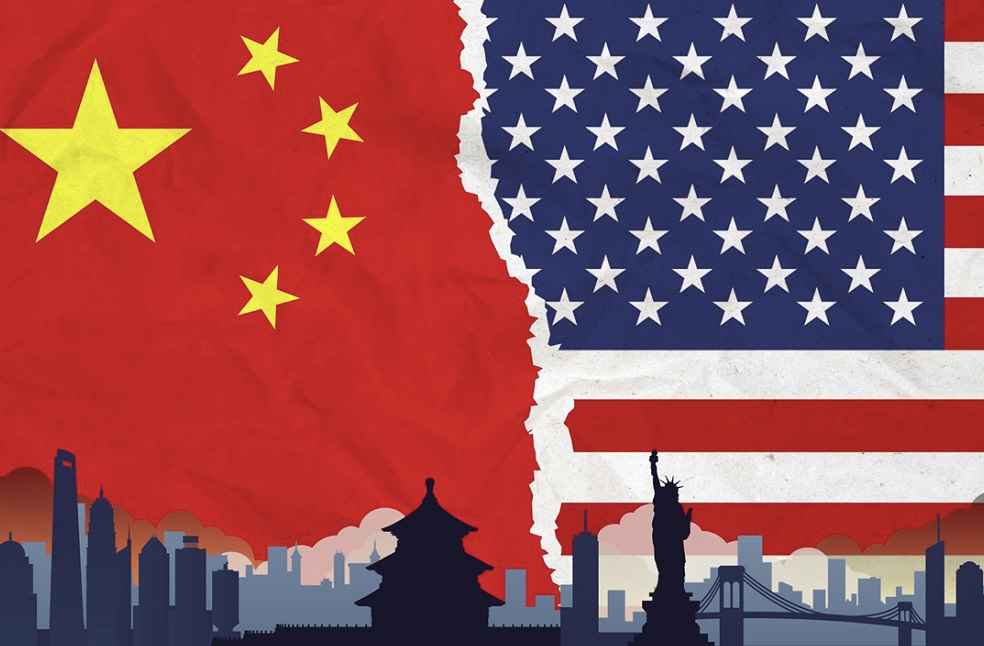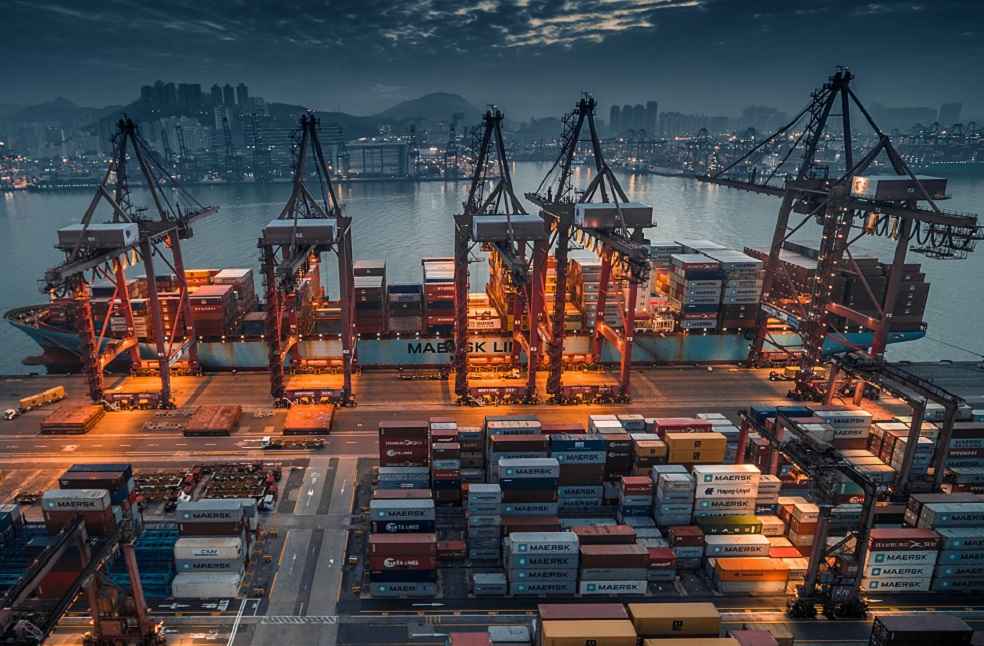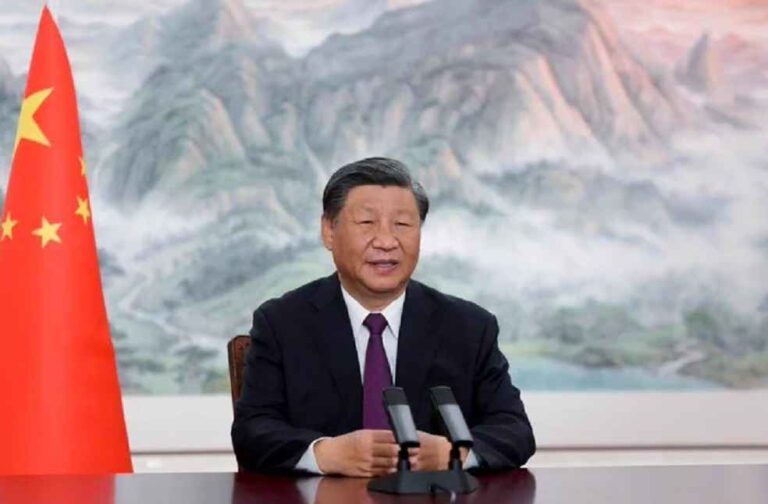Wednesday witnessed a pivotal convergence at Beijing, where China’s President Xi Jinping engaged with elite American business titans, advocating for reinforced economic ties between the China and U.S. against the backdrop of gradually mending relations previously at a nadir.
Xi underscored the significance of Sino-U.S. economic relations, notwithstanding existing challenges such as hefty U.S. tariffs on Chinese commodities and American grievances regarding China’s trade practices and intellectual property infringements. This dialogue emerges as China seeks to rejuvenate its economy after lifting severe COVID-19 restrictions that had stifled economic momentum.
Xi posited that enhanced trade dynamics between the U.S. and China, the globe’s foremost economies, wield extensive implications, surpassing bilateral benefits to influence the global economic landscape and humanity’s destiny. Official communications highlighted Xi emphasizing the transformative potential of cooperation over confrontation in sculpting the future of Sino-U.S. relations.

The assembly included prominent business figures such as Stephen A. Schwarzman of Blackstone, underscoring the dialogue’s significance and the level of engagement from both nations.
Amidst these discussions lies a complex web of economic tensions, with the U.S. maintaining trade grievances against China initiated under former President Donald Trump and continued by the Biden administration. Issues at the forefront include China’s industrial strategies, its significant trade surplus, and calls for economic rebalancing through enhanced Chinese consumer activity and greater regulatory openness.
Represented by President Craig Allen, the U.S.-China Business Council expressed gratitude for the dialogue, reflecting a collective aspiration among U.S. businesses to transcend current trade and investment impediments and cultivate a more robust commercial partnership with China.

China navigates through further economic challenges, including a property market crisis and demographic shifts, prompting a strategic pivot towards augmenting export manufacturing to offset domestic consumption shortfalls.
Foreign corporations, notably Apple, remain intricately linked with China’s manufacturing sector, highlighting the complex interdependencies between U.S. companies and the Chinese market.
Diplomatic exchanges, including a significant meeting between Xi and U.S. President Joe Biden, indicate a rhetorical softening and a potential thaw in bilateral relations, despite China’s unwavering stance on sovereign issues such as Taiwan and the South China Sea.

Xi Jinping, with deep roots in the Communist Party’s historical narrative, remains dedicated to preserving party dominance while enticing foreign investment to ensure economic stability.
This meeting marks a nuanced shift in diplomatic and economic discourse between the U.S. and China, with Xi championing a framework of mutual respect, peaceful coexistence, and shared prosperity as foundational for advancing bilateral relations and, by extension, global economic equilibrium.
IMEX SECTOR | India Extends Onion Export Ban: Global Impact and Political Motives Analyzed



